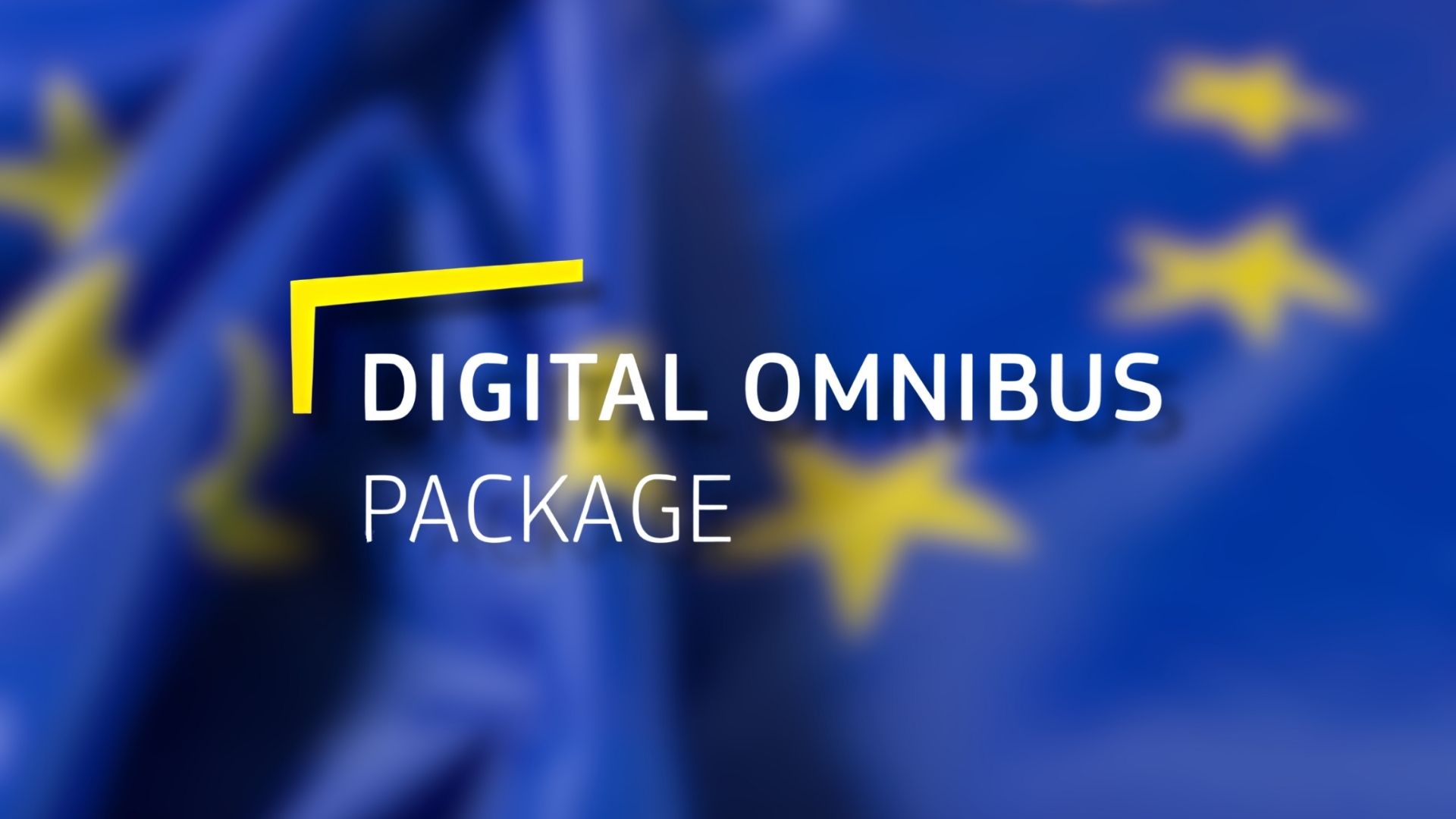The European AI Regulation reinforces training and awareness as core compliance requirements, even as the EU considers simplifications through the proposed Digital Omnibus. Regulation (EU) 2024/1689 sets a risk-based framework for AI systems under the AI Act.
AI literacy is promoted through a multi-level approach. The EU institutions focus on public awareness, national authorities support voluntary codes of conduct, and organisations are currently required under the AI Act to ensure adequate AI competence among staff and third parties involved in system use.
A proposed amendment to Article 4, submitted in November 2025 under the Digital Omnibus, would replace mandatory internal competence requirements with encouragement-based measures. The change seeks to reduce administrative burden without removing AI Act risk management duties.
Even if adopted, the amendment would not eliminate the practical need for AI training. Competence in AI systems remains essential for governance, transparency, monitoring, and incident handling, particularly for high-risk use cases regulated by the AI Act.
Companies are therefore expected to continue investing in tailored AI training across management, technical, legal, and operational roles. Embedding awareness and competence into risk management frameworks remains critical to compliance and risk mitigation.
Would you like to learn more about AI, tech, and digital diplomacy? If so, ask our Diplo chatbot!










